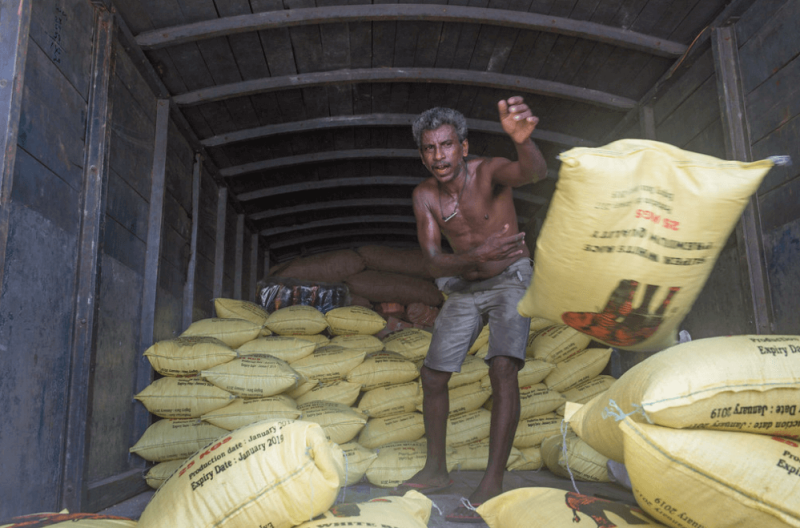Sri Lanka is a particularly dramatic case showing how rash and poorly designed policies can lead to tragic consequences. In mid-2021, the government abruptly banned the import of chemical fertilizers. On an agri-environmental policy scorecard, this might have looked good. Fertilizer use — which can cause pollution — plummeted.
But it caused dramatic losses in the country’s food supplies. Rice production fell by almost 40% from 2021 to 2022. The production of key export crops, such as tea and rubber, also fell significantly. The country spiraled into an economic crisis. While this crisis is not entirely the result of its fertilizer ban — the import ban was partly in response to economic problems — it made things worse.
The lack of planning or foresight made this policy so damaging. Farmers had no time to find nutrient alternatives or learn how to optimize organic production. It illustrates clearly that just because a country has a policy in place doesn’t mean it produces good outcomes.
Agri-environmental policies do matter. They can make the difference between unsustainable versus efficient use of fertilizers and pesticides, cut rates of soil erosion, and transform countries from net losers to net gainers of forest.
On the other hand, poorly designed policies can backfire when they don’t consider trade-offs with other environmental or socioeconomic problems.































